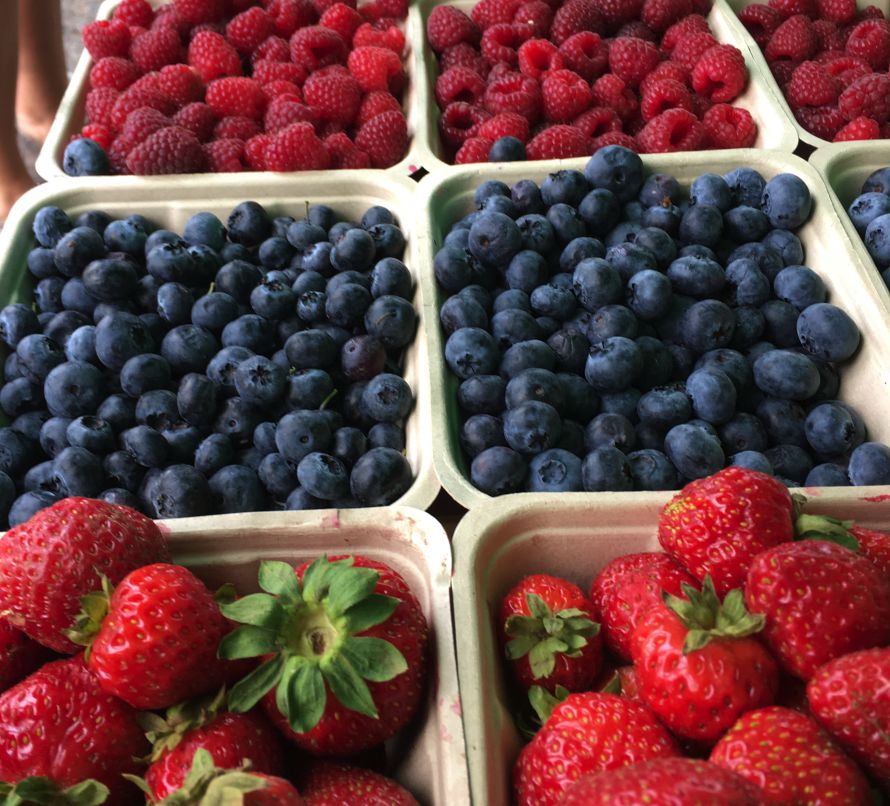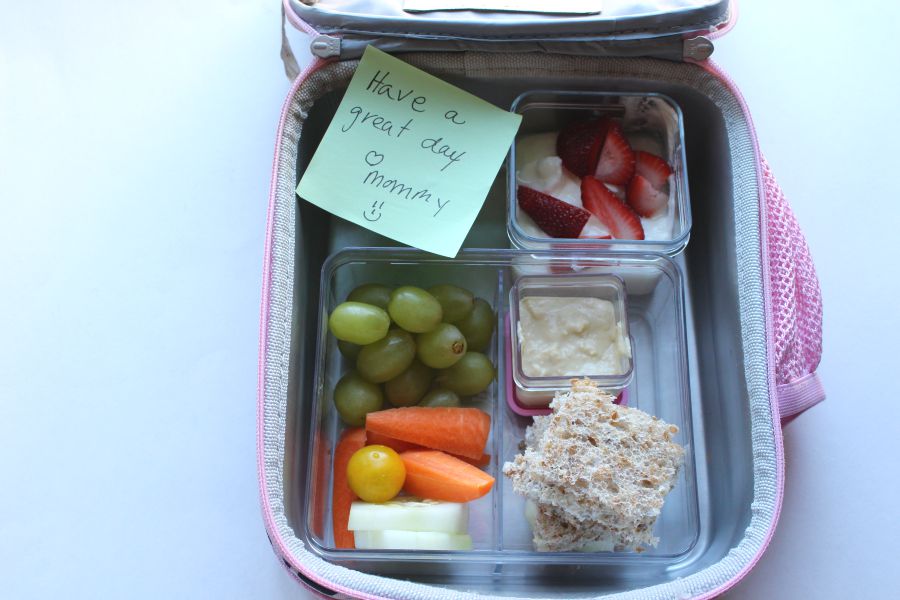October is breast cancer awareness month. The latest statistics (Canadian) show that 1 in 8 women will be diagnosed with breast cancer in their lifetime. Research has shown that diet plays a key role in breast cancer prevention. While not all cancers are caused by diet, studies suggest diet may play a role in 30-40 percent of cancers. Research does show women who maintain and/or achieve a healthy body weight, exercise regularly, and eat a healthy diet have a reduced risk of developing breast cancer. Let’s take a closer look at how our diets can reduce our risk of Breast cancer.
Eat more Vegetables:
A plant based diet been shown to reduce the risk of breast cancer. Filling your plate with a variety of rainbow fruits and vegetables has numerous health benefits such as high in fibre, vitamins and minerals, naturally low in fat, and packed with cancer fighting agents such as phytochemical and antioxidants. Another added bonus, they taste amazing and leave you feeling satisfied and energized.

What is a plant based diet?
Exactly how it sounds. A plant based diet is one that emphasizes plants in the form of vegetables (lots), fruit, wholegrains (not processed), nuts and seeds as well as meat alternatives. A plant based diet should have vegetables at each meal, ideally half your plate. If there is anything most of us should be eating more of it is vegetables and fruit. You will hear dietitian’s often refer to eating the rainbow. Eating a variety fruits (berries) and vegetables that are rich in different colours are high in cancer scavengers called antioxidants and phytochemicals. Add fruit and vegetables to your snack to boost your intake.

Eat at least one cruciferious vegetable a day:
Cruciferous vegetables include broccoli, cauliflower, bok choy, kale, cabbage, and brussels sprouts. Cruciferous vegetables contain a powerful phytochemical called sulforphane which have cancer fighting properties.

Eat more Tumeric:
Tumeric is known for its ability to fight inflammation. There is a lot of research coming out linking inflammation to chronic diseases such as cancer. Just remember to add a little black peppers to activate Tumeric. If your looking for a new way to enjoy numeric, we like this tumeric, ginger, mango smoothie from Desiree Nielisen.
Eat more Fibre:
Increasing your soluble and insoluble fibre intake has been linked to chronic diseases such as diabetes and heart disease. Eating diet high in soluble and insoluble fibre is also linked to breast cancer prevention, women should aim for 25 grams/day. A great way to increase your fibre intake is having vegetables at each meal, adding berries to your oats, snacking on apples (with the peel), nuts, and seeds, adding flax and/or hemp seeds to your oats, and/or adding a handful of chickpeas to your salads. Start your day off with a high fibre breakfast like this triple berry with coconut baked oats.

Enjoy Soy within Moderation:
Soy is a hot topic when it comes to breast cancer. The concern was that isoflavones in soy, a natural compound, may increase breast cancer due to its similar estrogen like properties. Current research suggests the opposite. A 2014 study published in the American Journal of Clinical Nutrition looked at more than 9000 women and found that regular intake of soy may actually have a protective factor and in some cases reduced risk of recurrence. Like most foods, soy can be heavily processed and is found in a lot of processed foods. Soy foods like soy beans, nuts, tofu, and soy milk contain protein, calcium folate, and phytochemicals which when eaten within moderation may be beneficial.
Eat Less Sugar:
Research research suggests a diet high in sugar promotes inflammation. High sugary foods include sugary beverages, baked goods, candy and candy bars. Avoid eating anything white like bread and pasta, its like sugar to you body. Instead of choosing highly refined carbohydrates that our bodies turn into sugar causing blood sugar derangements. Instead, choose unrefined, slowly digested carbohydrates such as quinoa, intact oats, and wheat berries.
Drink Less Alcohol:
Research has shown women who don’t drink or drink within moderation had a drastically lower risk of breast cancer versus women who consumed alcohol regularly. Experts suggest no more than 1 drink/day or 7 drinks/week.
Exercise Daily:
Remember to include physical activity into your day. Maintaining and achieving a healthy weight has been linked to breast cancer reduction. While diet plays an important role, physical activity helps improve metabolism, reduce stress, maintain healthy bones, and prevent weight gain.
We are all at risk for developing breast cancer, some more than others due to family genetics. Eating well can reduce your risk of getting breast cancer but it does not take away the risk entirely. For more information regarding your risk of breast cancer we suggest you speak to your family health care provider and have regular mammograms.
Sources:
American Institute for Cancer research







